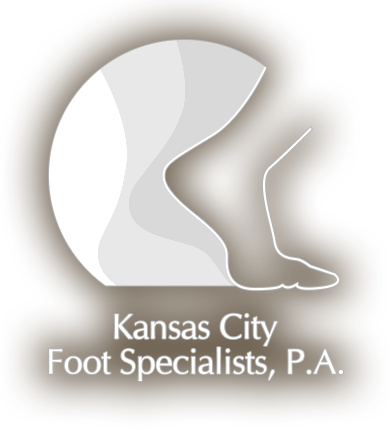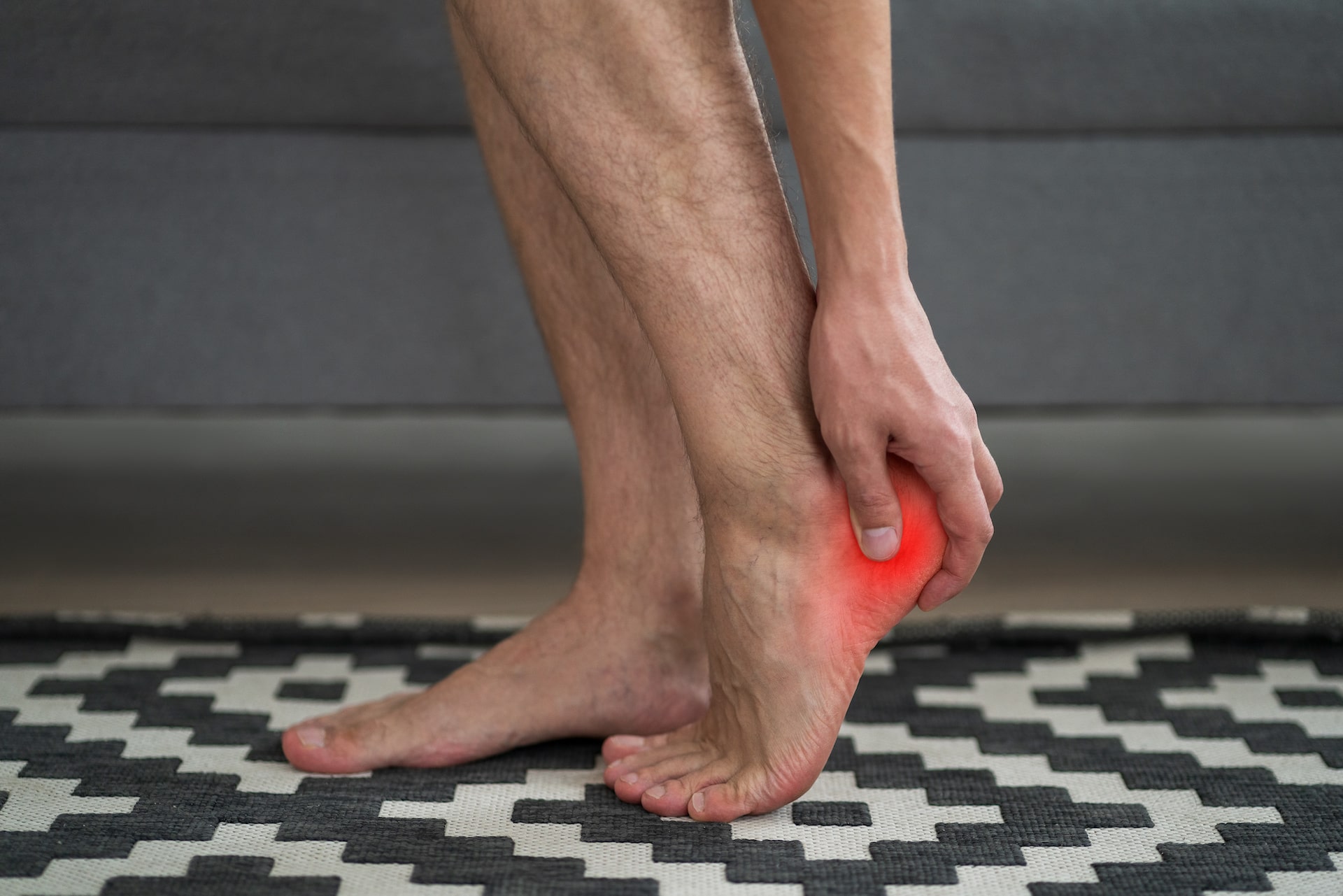Prior to your appointment
Prior to your appointment, it will be helpful to gather some materials and notes to bring with you. These include:
- A copy of your referral and insurance authorization, depending on your insurance plan
- The shoes you regularly wear
- If you suffered an injury, the shoes you were wearing when the injury occurred
- A list of your medications, vitamins, and supplements
- A list of medication allergies, including anesthetics
- Your medical history, including any prior surgeries, hospitalizations, or medical problems
- A list of your symptoms or concerns
- Medical records, laboratory results, or radiology results related to your current problem
If you have special needs, call us before your visit to let us know how we can accommodate you. You may also find it helpful to bring a friend or family member if you are nervous or concerned that you may forget important information.
The day of your appointment
Before your appointment, compile all items listed above and leave plenty of time to arrive at our office on time. Ideally, you should arrive between 15 and 30 minutes before your appointment to fill out important medical history and insurance forms.
During your appointment, you will have the opportunity to discuss your current problems with your podiatrist. Be sure to cover any new symptoms or related problems that may have occurred since you last saw your primary care doctor or other specialist. If you are pregnant, have medication allergies, are taking blood thinning medications, or have any other special concerns or needs, be sure to let your podiatrist know at the beginning of your appointment.
Your podiatrist will examine your feet, ankles, and legs, and may also ask to look at your shoes. Your shoes will often exhibit wear patterns that will give your podiatrist clues regarding the biomechanics of your feet. You may be asked to sit, stand, or walk as part of your examination. Be sure to listen carefully to your podiatrist’s questions and comments, and ask for clarification anytime you don’t understand what is being said.
By the end of your appointment, your podiatrist will have determined if you must return for further examination or treatment. You may be prescribed custom orthotics — special supportive inserts for your shoes — or you may be sent for physical therapy. You may also be asked to undergo x-rays, an ultrasound, or an MRI. Depending on your foot related problem, any number of treatments may be offered to you, including extracorporeal shock wave therapy (ESWT), which is a specialty at Kansas City Foot Specialists.
After your appointment
After your appointment, be sure to follow through on any laboratory or radiology studies that have been ordered for you, and keep any additional podiatry appointments or physical therapy appointments. The more closely you follow your podiatrist’s treatment plan, the faster you will be on your way to healing.
We look forward to seeing you at Kansas City Foot Specialists. If you have any questions or concerns, please do not hesitate to call us at 913-338-4440.



